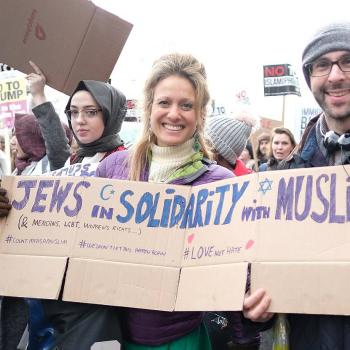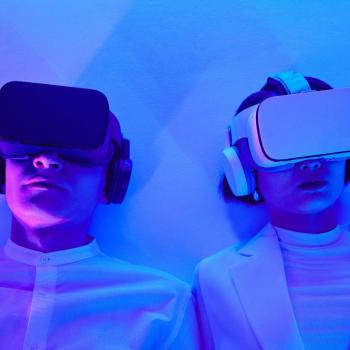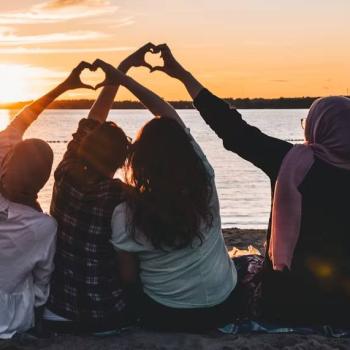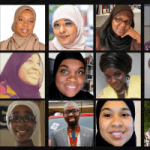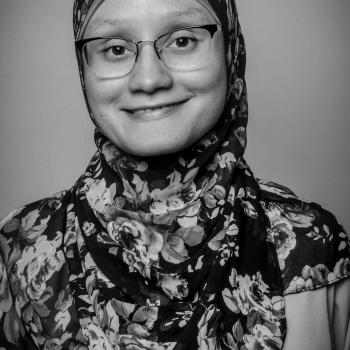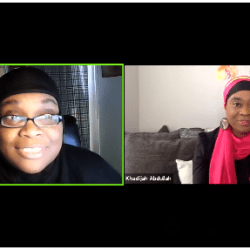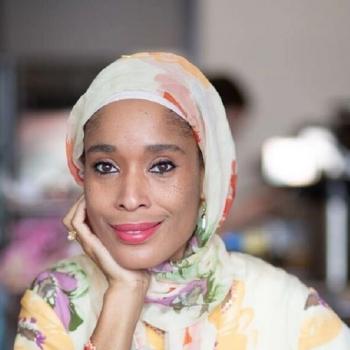By Layla Abdullah-Poulos
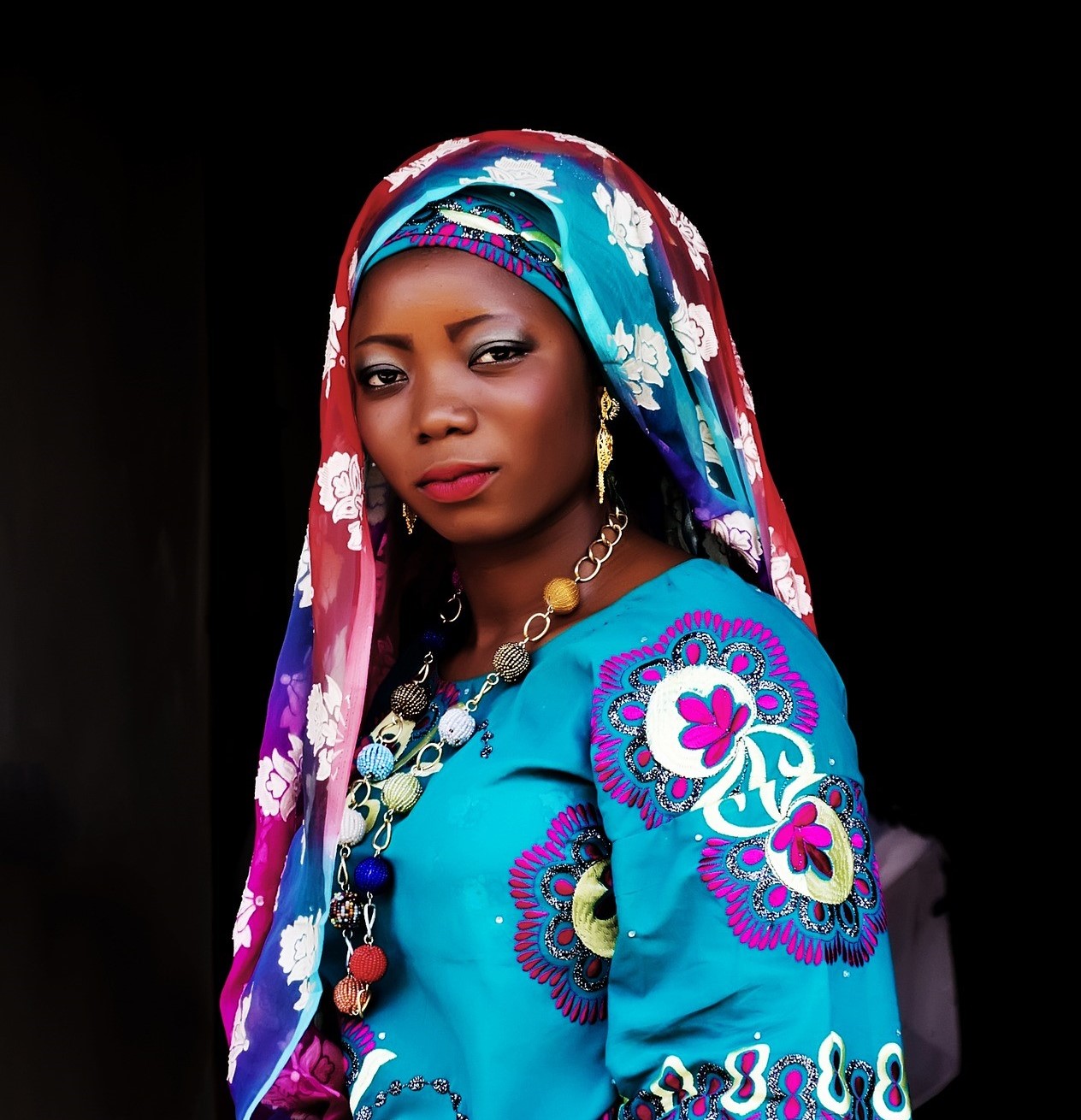
In the article Let’s Talk About Colorblindness and Racism in The Mosque, Nzinga Muhammad outlines the dual forms of societal and intra-Muslim racism to which Black Muslims are subject and with which they must struggle in their daily lives. Muhammad describes common racist methods imposed upon Black Muslim bodies by their coreligionists in shared spaces:
“You would see sometimes during Jummah, all of the black people all together in a corner, segregated from the rest.
You would see disrespectful glares of non-black Muslims towards us, and even hear the repetition of racist speech in Arabic.”
Ideally, Muhammad’s words will perturb the minds of followers of a faith that teaches communal respect and manners to the point that a smile is considered an act of charity. However, it is a disturbing reality that some Muslims attempt to rationalize the alienation that numerous Black Muslims experience in their local masaajid and shared Muslim spaces.
One comment, in particular, grabbed my attention. A Muslim posted, “I think all the groups self-segregate and congregate amongst their ‘own’ people.” The person’s assertion is a prevalent notion held by many Muslims and contributes to the problem of the tenacious racism that exists in American Muslim communities across the country.
Muslim Brotherhood
“Amongst their own people” may seem an innocuous idea. However, asserting the existence of an “own people” in the Muslim ummah demonstrates how many Muslims prioritize socio-cultural identities over the standard that Allah outlined as the marker of brotherhood.
 Allah says in the Quran, “The believers are but brothers” (Surat al-Hujurat 49:10) and provides the basis with which we as Muslims ideally determine to whom we may generate a communal bond to a level similar to the familial. That is not to say that Muslims will not encounter conflicting personalities or even outright animosity, but the idea that somehow race, ethnicity, nationality, class, etc. can serve as a catalyst for segregation and alienation and supersede Quranic teachings is outrageous.
Allah says in the Quran, “The believers are but brothers” (Surat al-Hujurat 49:10) and provides the basis with which we as Muslims ideally determine to whom we may generate a communal bond to a level similar to the familial. That is not to say that Muslims will not encounter conflicting personalities or even outright animosity, but the idea that somehow race, ethnicity, nationality, class, etc. can serve as a catalyst for segregation and alienation and supersede Quranic teachings is outrageous.
Non-Black Muslim Segregation and White Supremacy
The assertion that Muslims “self-segregate” to “their own people” is similar to the same declarations of self-segregation that Whites purport in this country. Self-segregation by Whites contains White supremacist and oppressive underpinnings and generates a socio-cultural oppositional binary that leads to some oppressions of people outside the parameters of perceived “whiteness.”
Similarly, Muslim self-segregation results in codified alienation stemming from the idea that identity markers exterior to one’s faith are more important than engaging in intra-faith cultural relevancy and interacting based upon the primary commonality of belief in Allah (SWT) and His Messenger (SAWS). Muslims are each other’s “own people.” Utilizing social identity to sustain a mindset that justifies the estrangement of our fellow Muslims is antithetical to Islamic teachings. It also infers that when Allah commanded us to “Hold firmly to the rope of Allah (SWT) all together and do not become divided” (Surat Ali Imran 3:103) that He was somehow shortsighted as to the superior role that other social identities maintain over faith.
Indeed, it is the duty of Muslims to overcome feelings of superiority and awkwardness that may impede the ability to interact with Muslims of varying backgrounds as well as overcome noticeable aversions to Black Muslim bodies. If that is not possible, there should at least be active restraint in exhibiting behaviors that cause unease and rouse feelings of isolation.
Anti-Blackness and Bias in Muslim Communities
The apparent disregard for the painful reality for numerous Black Muslims that Muhammad laid out in her article exemplifies a readiness for some non-Black Muslims to reinforce the othering of Black Muslims, use concepts like “amongst their own people” to make them perpetual outsiders, and consequently attempt to negate their validity as Muslims and their rights emanating from notions of Muslim brotherhood. There is no need to extend common courtesies or even talk to Black Muslims because they are not part of this perceived “own people.”
Black Muslims don’t require invitations to private or community events, visits when their sick, participation in structuring masjid affairs or help with combatting social injustices; that’s reserved for those arbitrarily identified as part of the “own people” group. Thus, so many Muslims quickly slide down the slippery slope of discrimination and anti-Blackness.
It is essential that we not attempt to defend the injustice, emotional and psychological trauma that Black Muslims assert with ideas like “self-segregation” or “own people,” which are counterintuitive to Islamic teachings and for many Black Muslims, correlate to the race-based segregation and bias they experience by the broader culture. Muslims can do better than that.
Layla Abdullah-Poulos
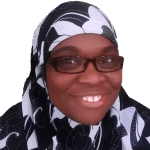 Layla Abdullah-Poulos holds an MA in Liberal Studies and an advanced certificate in Women and Gender Studies. She is a New York Facilitator for the Muslim Anti-Racism Collaborative and an adjunct at SUNY Empire State College. Abdullah-Poulos is the project manager for NbA Muslims, a cultural project highlighting the heritages, experiences, and cultural productions of native-born American Muslims of African American, Indigenous, Latinx, and European descent. She also serves as a US correspondent for AboutIslam.
Layla Abdullah-Poulos holds an MA in Liberal Studies and an advanced certificate in Women and Gender Studies. She is a New York Facilitator for the Muslim Anti-Racism Collaborative and an adjunct at SUNY Empire State College. Abdullah-Poulos is the project manager for NbA Muslims, a cultural project highlighting the heritages, experiences, and cultural productions of native-born American Muslims of African American, Indigenous, Latinx, and European descent. She also serves as a US correspondent for AboutIslam.



